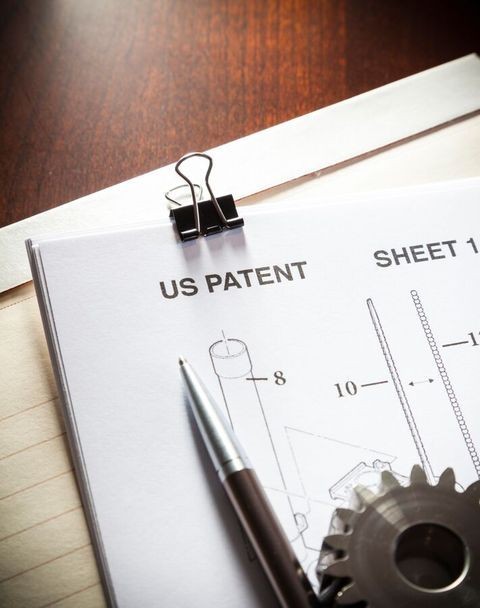Déjà Vu: The Lessons of Solyndra & What Energy Companies Can Expect Under the 118th Congress
Client Alert | 2 min read | 01.27.23
If past is prologue, then energy companies may again find themselves targets of congressional investigations. The new Republican majority in the House of Representatives has outlined plans to investigate the Biden Administration’s climate change policies and the clean energy and transportation companies that receive government money under the Infrastructure Investment and Jobs Act (“IIJA”) and the Inflation Reduction Act (“IRA”). This is a replay of when the GOP took control of the House in 2010 and congressional committees investigated implementation of the American Recovery and Reinvestment Act of 2009, focusing in part on exposing what they believed to be spending abuses by the Department of Energy’s (“DOE”) Loan Programs Office. Most famously, congressional Republicans targeted Solyndra, a California-based solar panel manufacturer that eventually went bankrupt after receiving the first loan guarantee issued by DOE under Title 17 of the Energy Policy Act of 2005.
Reprising the Solyndra playbook, congressional Republicans recently criticized DOE’s $200 million award under the IIJA to a company to build new advanced electric vehicle battery components in the United States. The new Chair of the House Energy and Commerce Committee, Rep. Cathy McMorris Rodgers (R-WA), recently described the IRA’s new funding for the DOE Loan Programs Office as “Solyndra on steroids.”
Clean energy companies are not alone in being subjects of congressional scrutiny. In the 117th Congress, House Democrats investigated the oil and gas industry, including its public statements on the state of climate science. With the loss of the majority, House Democrats will no longer be able to schedule hearings or threaten subpoenas against oil and gas company executives and trade associations. However, with Democrats reclaiming a clear majority in the Senate, it is expected that scrutiny of the fossil fuel industry will move to the upper chamber of Congress. Sen. Bernie Sanders (I-VT), the new Chair of the Senate Committee on Health, Education, Labor, and Pensions, and Sen. Sheldon Whitehouse (D-RI) have already signaled they intend to use their congressional committees to highlight concerns about climate change and to investigate the fossil fuel industry.
In this environment, energy companies generally and any company that has received federal funding or has a pending application for federal assistance specifically should consider preparing for congressional scrutiny, including by:
- Truthfully representing the company’s successes and losses, and not misrepresenting, or inadvertently omitting key details supporting any requests for federal funding;
- Establishing proper internal controls and robust compliance programs to address and resolve significant audit findings, and overcome anticipated risks;
- Identifying and addressing whistleblower complaints;
- Crafting a proactive narrative about their company’s beneficial impact to American workers and energy independence; and
- Maintaining appropriate communication and cooperation with key agency officials, Members of Congress, and congressional committee staff.
With congressional investigators on high alert for malfeasance, energy companies seeking federal funding are wise to prepare for increased oversight. And because criminal referrals to the Department of Justice (DOJ) are a potential outcome of a congressional investigation, it is important for subjects of Congressional investigations to be aware of and anticipate potential criminal inquiries. If you have any questions about how to navigate funding opportunities under the IIJA and IRA or to prepare for an investigation or respond to an oversight request, Crowell’s bipartisan team of former congressional lawyers, Tyler O’Connor, Jim Flood and Byron Brown, are happy to help answer your questions.
Contacts
Insights
Client Alert | 6 min read | 02.18.26
The CeramTec Case, or How to (not) Navigate the Patent to Trademark Transition
The Court of Justice of the European Union (CJEU) recently delivered its judgment in the CeramTec case (C-17/24).
Client Alert | 4 min read | 02.17.26
Texas Federal Court Hands Cyber Policyholders Major Win in Southwest Airlines Coverage Dispute
Client Alert | 3 min read | 02.13.26
Client Alert | 12 min read | 02.13.26
What Organ Procurement Organizations Need to Know About CMS's New Proposed Rule



